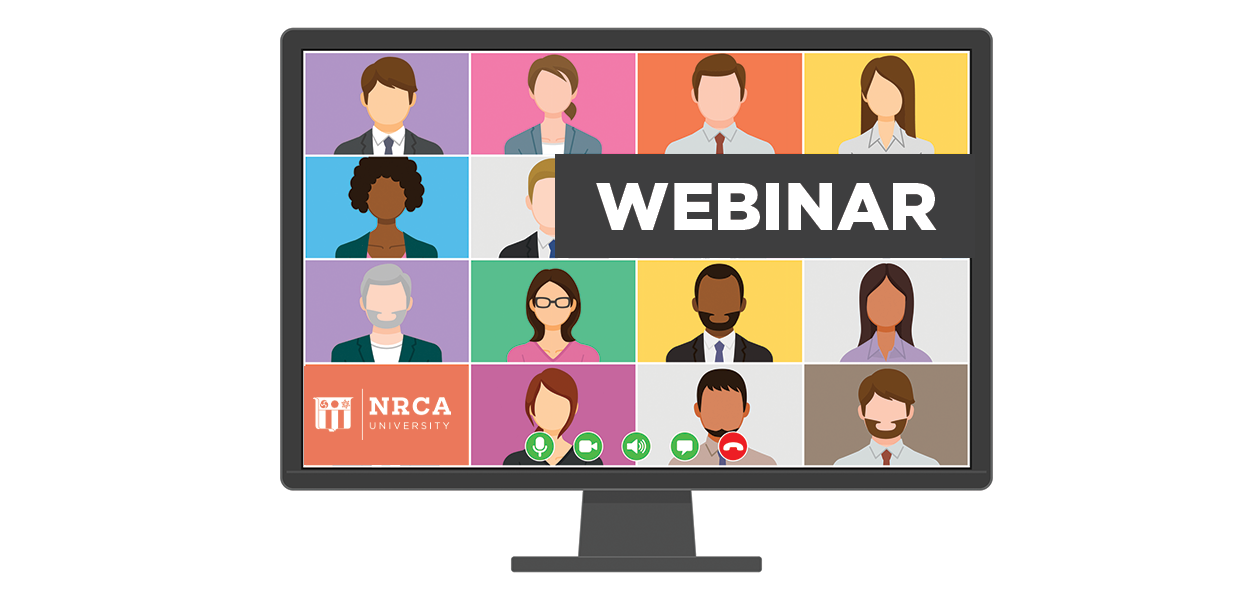Email is a constant presence in the workplace and a main method of communication for many teams. However, an email lacks context and inflection, which can make it easier for the reader to assume hostile intent, according to Fast Company.
If you have ever received an email from a co-worker that seemed a bit snarky, you are not alone. Education platform Preply surveyed 1,000 Americans and found 83% have received a passive-aggressive email at work; 42% received such a message from their boss.
“Passive aggression can best be explained as unarticulated frustrations,” said Sylvia Johnson, head of methodology at Preply. “In some cases, these frustrations are articulated in a more formal tone, which can be seen as passive-aggressive while simply attempting to express frustration in a more passive way.”
The survey showed “per my last email” is the most passive-aggressive email phrase, implying a previous message was sent and the recipient did not read it. Other passive-aggressive phrases included “correct me if I’m wrong,” “as previously mentioned,” “just a gentle reminder,” “thought I’d bring this to your attention” and “thanks in advance.” Additionally, 47% have had co-workers copy their bosses on emails regarding minor issues.
Nearly two-thirds of respondents said co-workers who are friendly in person turn passive-aggressive when emailing. A workplace with a lot of passive-aggressive emails can have serious consequences; the study found nearly a quarter of people have quit jobs because of passive-aggressive co-workers.
Sixty-six percent of respondents said passive-aggressive communication induces anxiety levels enough to affect work performance, and 31% of people who send passive-aggressive emails are doing so in response to a co-worker’s passive-aggressive email.
Johnson suggests taking time to breathe and walking away when you receive an email that seems passive-aggressive. Then, write an email draft and edit it before sending to ensure you are not contributing to the problem. Johnson also recommends avoiding workplace tattling, which consists of copying a supervisor on an email regarding a minor issue, such as someone missing an internal deadline for the first time. She says when there are reoccurring issues, speak with your supervisor first, and they can watch the situation more closely.
It is important to be self-aware and check the tone of your emails. If you know you are frustrated about something, be direct, honest and professional. Address the issue clearly without being too formal, or even call your co-worker so there are no misunderstandings.





